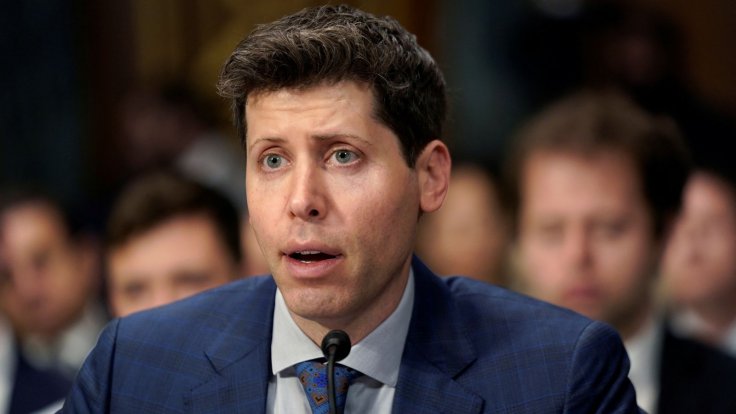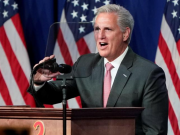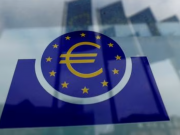In response to escalating concerns surrounding the potential hazards of artificial intelligence (AI), OpenAI, in collaboration with Microsoft, has come up with a groundbreaking safety framework for its advanced models. This significant move follows heightened awareness about AI risks, a topic that has captured the attention of both AI researchers and the general public, particularly since the launch of ChatGPT a year ago.

Under the new safety initiative, OpenAI has committed to deploying its advanced technology only in areas where safety is assured, such as cybersecurity and nuclear threat detection. To reinforce this commitment, the company is establishing an advisory group tasked with scrutinizing safety reports and presenting their findings to the company's executives and board. While the executives will bear the responsibility of decision-making, the board retains the authority to overturn these decisions, ensuring a robust and accountable governance structure.
The authority dynamics at OpenAI have undergone a significant shift, with board members now possessing the ability to overrule Sam Altman, particularly in matters concerning the safety of new AI releases. While Altman and his leadership team retain the decision-making power to greenlight the launch of a new AI system, the board holds the pivotal authority to countermand such decisions.
This announcement gains added significance against the backdrop of recent internal changes at OpenAI, marked by the temporary dismissal and subsequent reinstatement of CEO Sam Altman. Altman's return brings with it a revamped board of directors, further emphasizing the organization's dedication to addressing safety concerns associated with its advanced AI models.
Dangers of AI in Spotlight
The broader context of this safety framework release is the growing apprehension within the AI industry regarding potential risks posed by advanced AI systems. In April, a coalition of AI industry leaders and experts issued an open letter, advocating for a six-month hiatus in the development of systems more potent than OpenAI's GPT-4. This call for caution underscores the industry's recognition of the need to navigate the development of AI responsibly.
However, recent leaks have added a layer of complexity to the situation. Insights suggest that OpenAI may be in the testing phase of the new GPT-4.5, or there may have been inadvertent disclosures of changes on the company's website description. Users on various platforms, including X, have reported experiencing improved responses from ChatGPT in the past week, raising questions about the ongoing developments at OpenAI.
As the AI field changes, OpenAI's dedication to safety and good governance is crucial. The establishment of an advisory group and clarifying decision-making roles within the organization demonstrates their commitment to dealing with concerns and promoting responsible AI development.









